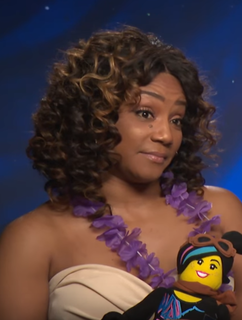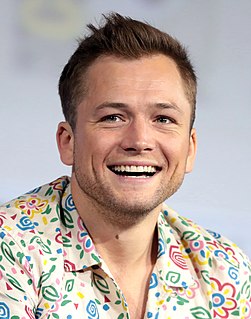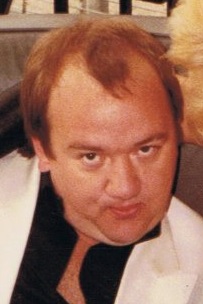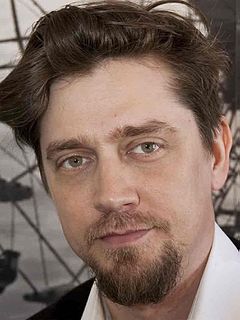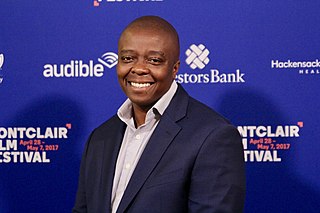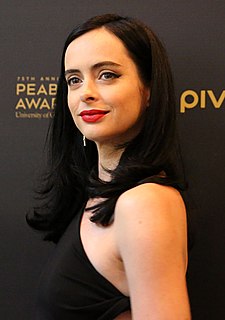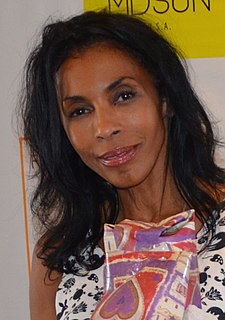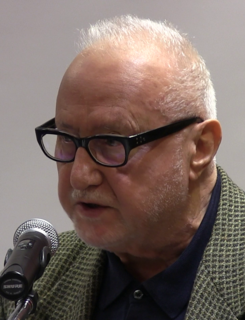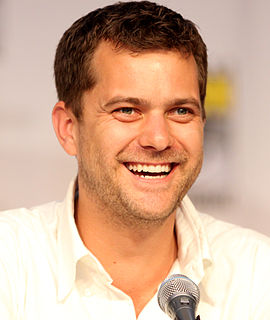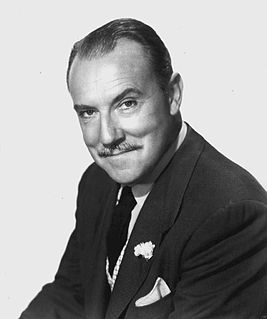A Quote by Patty Jenkins
I like to work, and I worked for years as a camera person before I directed.
Related Quotes
I always feel like when I work with people, I work with everybody - from the person that's working the camera to the person that's running the water to the person that's putting the clothes on me, the person that's combing my hair, my makeup, the person that's like, 'You gotta sign these papers.' I try to hang out with everybody.

